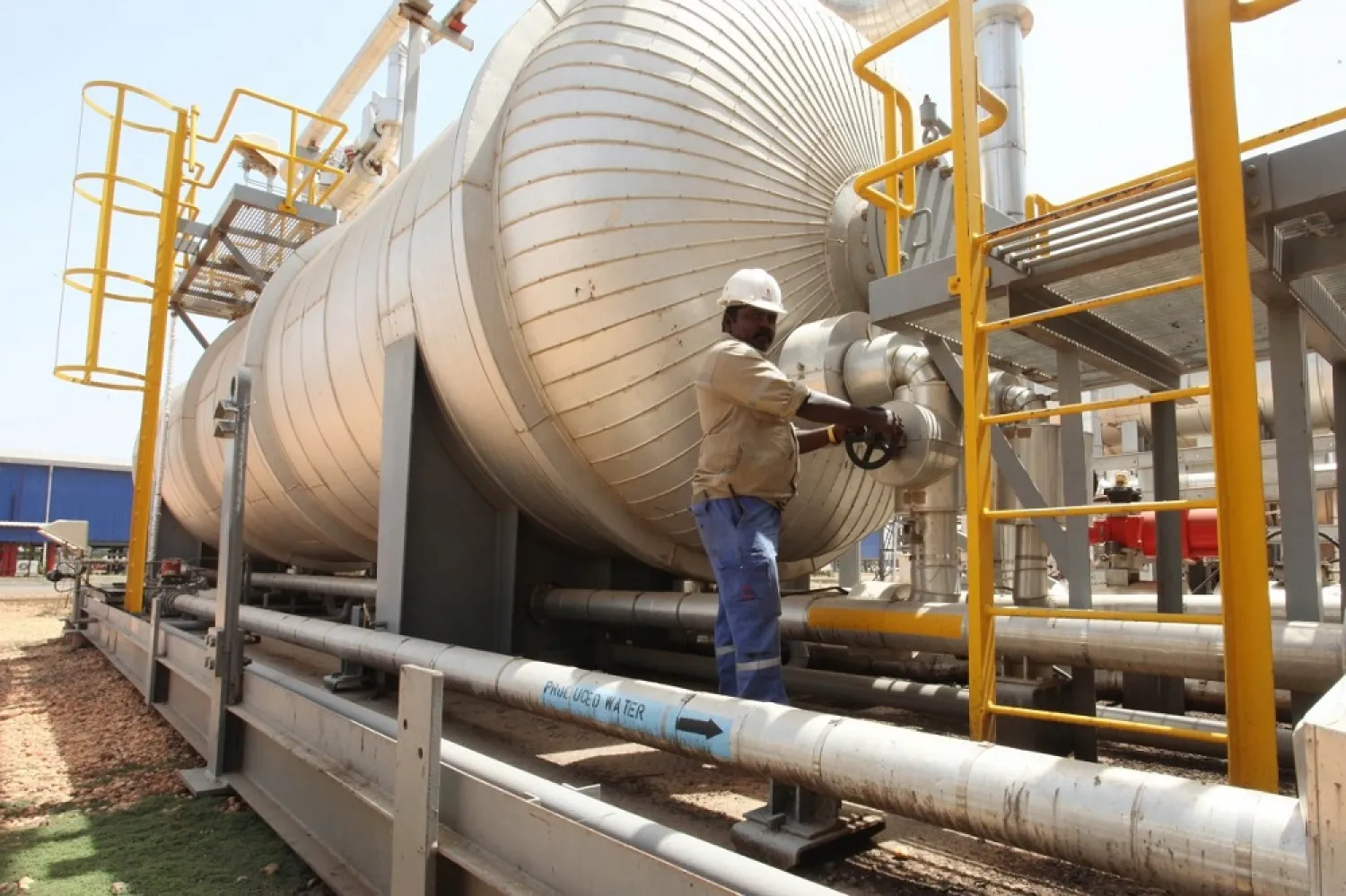South Sudan has made a small oil discovery in Northern Upper Nile State, its first since independence in 2011 when exploration was interrupted by war and instability, the oil minister said on Thursday.
The new field in the Adar area of the state contains 5.3 million barrels of recoverable oil and will be linked to the nearby Paloch oilfields, which are operated by Dar Petroleum Operating Company, the minister Awow Daniel Chuang said.
“Production is likely to begin towards the end of the year,” Chuang told a news conference, according to Reuters.
“As of now, we are very excited ... within some few weeks, exploration will be taken as a priority. We are going to move all over South Sudan.”
The country gets almost all its revenue from oil and has boosted output, now at 180,000 barrels per day, as it struggles to rebuild its shattered economy after a five-year civil war.
In 2012 a dispute with Sudan over pipeline fees caused South Sudan to close its oil industry for over a year. The shutdown crippled the economy, leaving soldiers and civil servants unpaid. Months later the country was plunged into civil war.
Much of the landlocked East African nation’s oil infrastructure was damaged in the conflict, during which about 400,000 people were killed and more than a third of the 12 million population uprooted.
The government is keen to reach pre-war oil production levels of 350,000 to 400,000 bpd by mid-2020.
A fragile ceasefire reached in September ended most of the fighting, but plans to form a unity government in May were delayed after there was no funding to disarm, retrain and integrate militias and rebels.
The oil ministry will conduct an environmental audit of South Sudan oilfields led by a technical environmental consultant, Chuang said.










